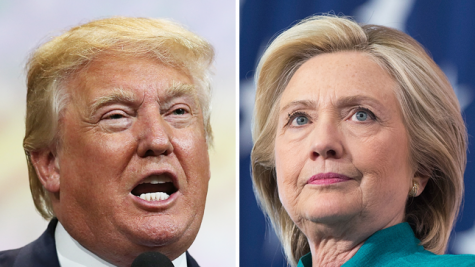Hope of a Malaria Vaccine

Conducted by a British healthcare company, GlaxoSmithKline, a recent trial of a vaccine has spurred some optimism for the long struggle against malaria. It reduced the prevalence of the disease, anywhere from 27 to 46 percent, in a group of 15,000 child patients. Although not as effective as traditional vaccines, it nevertheless marks a significant advance in counteracting the disease that has killed 600,000 people – especially children under five – annually.
The study, which took place in 11 research centers in 7 countries, divided the 15,000 patients into two groups – those who were given the new vaccine developed by GlaxoSmithKline and those who did not. 18 months after vaccination, toddlers between five months to 17 months old had 46 percent fewer cases of malaria than control groups. The vaccine, however, had less of an impact on infants between six weeks to 12 weeks; they had 27% fewer cases.
If more progress can be made, the vaccine will become the first effective one in addition to being the largest medical advance against malaria. About two dozen other vaccines are waiting to be tested. These vaccines aim to attack the malaria parasite at its earliest stage before it multiplies in the liver and enters the bloodstream to spread infection. As for now, it seems that a significant amount of time will be needed to determine if these other candidate vaccines are more effective than the Glaxo vaccine. Furthermore, there are still many parts of the vaccine to consider – including its cost-effectiveness and final analysis of its efficacy and public health impact.
Meanwhile, other practical prevention measures, such as insecticide-treated bed nets, have been put to use in order to attempt to suppress malaria – a disease that remains as a leading cause of death around the globe.









